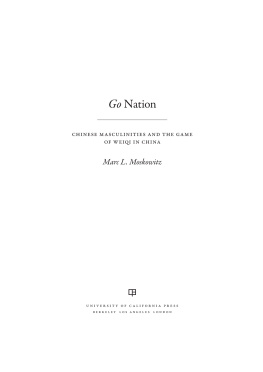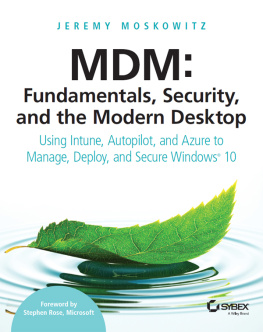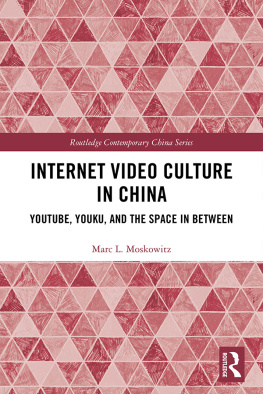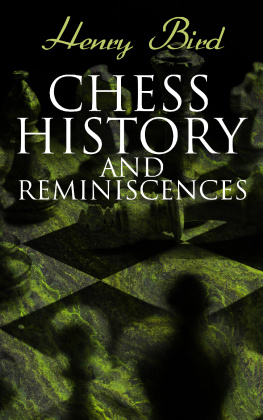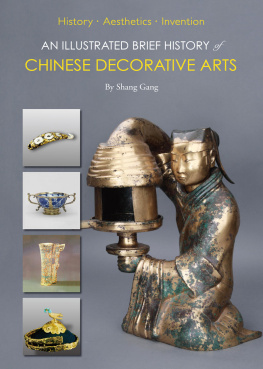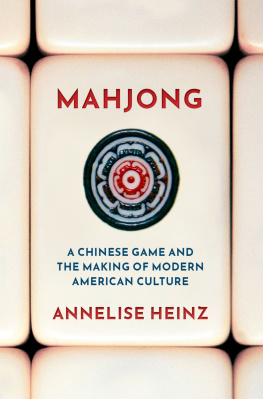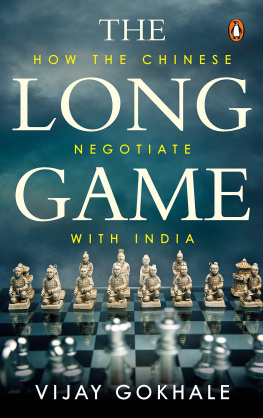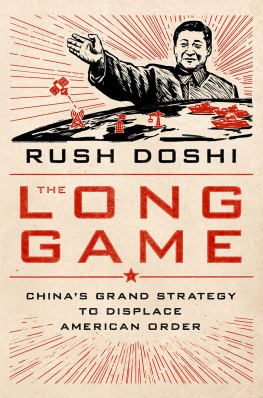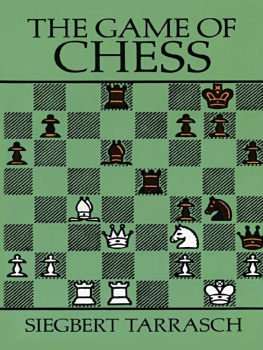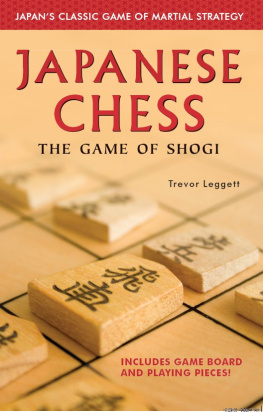
Go Nation
ASIA: LOCAL STUDIES/GLOBAL THEMES
Jeffrey N. Wasserstrom, Kren Wigen, and Hue-Tam Ho Tai, Editors
Bicycle Citizens: The Political World of the Japanese Housewife, by Robin M. LeBlanc
The Nanjing Massacre in History and Historiography, edited by Joshua A. Fogel
The Country of Memory: Remaking the Past in Late Socialist Vietnam, by Hue-Tam Ho Tai
Chinese Femininities/Chinese Masculinities: A Reader, edited by Susan Brownell and Jeffrey N. Wasserstrom
Chinese Visions of Family and State, 1915 1953, by Susan L. Glosser
An Artistic Exile: A Life of Feng Zikai ( 1898 1975 ) , by Geremie R. Barm
Mapping Early Modern Japan: Space, Place, and Culture in the Tokugawa Period, 1603 1868, by Marcia Yonemoto
Republican Beijing: The City and Its Histories, by Madeleine Yue Dong
Hygienic Modernity: Meanings of Health and Disease in Treaty-Port China, by Ruth Rogaski
Marrow of the Nation: A History of Sport and Physical Culture in Republican China, by Andrew D. Morris
Vicarious Language: Gender and Linguistic Modernity in Japan, by Miyako Inoue
Japan in Print: Information and Nation in the Early Modern Period, by Mary Elizabeth Berry
Millennial Monsters: Japanese Toys and the Global Imagination, by Anne Allison
After the Massacre: Commemoration and Consolation in Ha My and My Lai, by Heonik Kwon
Tears from Iron: Cultural Responses to Famine in Nineteenth-Century China, by Kathryn Edgerton-Tarpley
Speaking to History: The Story of King Goujian in Twentieth-Century China, by Paul A. Cohen
A Malleable Map: Geographies of Restoration in Central Japan, 1600 1912, by Kren Wigen
Coming to Terms with the Nation: Ethnic Classification in Modern China, by Thomas S. Mullaney
Fabricating Consumers: The Sewing Machine in Modern Japan, by Andrew Gordon
Recreating Japanese Men, edited by Sabine Frhstck and Anne Walthall
Selling Women: Prostitution, Markets, and the Household in Early Modern Japan, by Amy Stanley
Imaging Disaster: Tokyo and the Visual Culture of Japans Great Earthquake of 1923, by Gennifer Weisenfeld
Taiko Boom: Japanese Drumming in Place and Motion, by Shawn Bender
Anyuan: Mining Chinas Revolutionary Tradition, by Elizabeth J. Perry
Mabiki: Infanticide and Population Growth in Eastern Japan, 1660 1950, by Fabian Drixler
The Missionarys Curse and Other Tales from a Chinese Catholic Village, by Henrietta Harrison
The Nature of the Beasts: Empire and Exhibition at the Tokyo Imperial Zoo, by Ian Jared Miller
Go Nation: Chinese Masculinities and the Game of Weiqi in China, by Marc L. Moskowitz
Go Nation
CHINESE MASCULINITIES AND THE GAME
OF WEIQI IN CHINA
Marc L. Moskowitz

UNIVERSITY OF CALIFORNIA PRESS
BERKELEYLOS ANGELESLONDON
University of California Press, one of the most distinguished university presses in the United States, enriches lives around the world by advancing scholarship in the humanities, social sciences, and natural sciences. Its activities are supported by the UC Press Foundation and by philanthropic contributions from individuals and institutions. For more information, visit www.ucpress.edu.
University of California Press
Berkeley and Los Angeles, California
University of California Press, Ltd.
London, England
2013 by The Regents of the University of California
Parts of an earlier draft of chapter 2 were published as a chapter in the edited volume Weiqi Legends, Then and Now: Cultural Paradigms in the Game of Go. In Asian Popular Culture: New, Hybrid, and Alternate Media, eds. John Lent and Lorna Fitzsimmons, 116. New York: Lexington Books (2013).
Library of Congress Cataloging-in-Publication Data
Moskowitz, Marc L.
Go nation : Chinese masculinities and the game of weiqi in China / Marc L. Moskowitz.
pages cm.
Includes bibliographical references and index.
ISBN 978-0-520-27631-4 (cloth : alk. paper) -
ISBN 978-0-520-276321 (pbk. : alk. paper)
eISBN 9780520956933
1. Go (Game)China.2. GamesSocial aspectsChina.I. Title.
GV1459.35.C6M672013
7944dc232013006681
In keeping with a commitment to support environmentally responsible and sustainable printing practices, UC Press has printed this book on Natures Natural, a fiber that contains 30% post-consumer waste and meets the minimum requirements of ANSI/NISO z39.48-1992 ( R 1997) ( Permanence of Paper ).
For Arey Huei-jyun Jhang
CONTENTS
LIST OF ILLUSTRATIONS
PREFACE
Glenn had played more than four hundred [chess] tournament games, which I would come to understand was something like saying he had written four hundred sonnets, in public, while opponents who didnt particularly like him tried to write better sonnets using the same words.
J. C. HALLMAN , The Chess Artist, 2003
There was something unreal about the pictures, which may have come from the face, the ultimate in tragedy, of a man so disciplined in an art that he had lost the better part of reality. Perhaps I had photographed the face of a man meant from the outset for martyrdom to art. It was as if the life of Shsai, Master of Go, had ended as his art had ended, with that last match.
KAWABATA YASUNARI , The Master of Go, 1951
Im not sure its rationalbelieving as many do that a board game possesses a sort of cosmic power, something commensurate with our capacity for wonderbut I feel it nonetheless.
STEFAN FATSIS , Word Freak: Heartbreak, Triumph, Genius, and Obsession in the World of Competitive Scrabble Players, 2001
The first time I lived in China was in 1988, when I taught English in the city of Xian. I had originally planned to stay for two years, but like most of my fellow countrymen I left shortly after the Tiananmen massacre that took place a year later. In those days the streets of China were covered with the swarming flow of uniformly sturdy black bicycles. Steel dividers grounded with concrete slabs provided them with a generous amount of road away from the occasional cars, which tended to be taxis or, infrequently, the black limousines which were the standard model for government officials. At the time there was one Kentucky Fried Chicken in the entire country, which, as the only Western fast food chain to have gained access to the Peoples Republic of China (PRC), was a symbol of Chinas opening doors, or corruption by the West, depending on whom one spoke with. At that time, the best places to obtain luxury goods, ranging from cheese to stereos, were called Friendship Stores. One needed a foreign passport to gain entrance, as well as Foreign Exchange Notescurrency designed specifically to charge foreigners several times what the local population paid. For Westerners living in China, it was common practice to make ones money go further by finding a black market that would change currencies for a much higher rate.
Today, China seems less like a transforming nation than a different universe. Cars, though still very much luxury items, now outnumber bicycles by a considerable margin and range from Hyundai to the now-ubiquitous Mercedes-Benz. Shopping malls cover the streets of downtown Beijing and Shanghai, some of which include stores with US$1,000 shoes and designer suits for far more than that. The old Friendship Stores still exist, almost like prehistoric flies in amber that have not changed even though the world has transformed around them. The Friendship Stores stasis has shifted its role from the highest-end opportunity to buy luxury goods to the feel of a thrift shop in comparison with the newer shopping malls. The grey and uninviting buildings that once seemed such impressive escapes now seem as dated as a 1950s-style diner in the United States, though they lack any of the charm of the intentional construction of nostalgia that such an eatery would offer.
Next page
